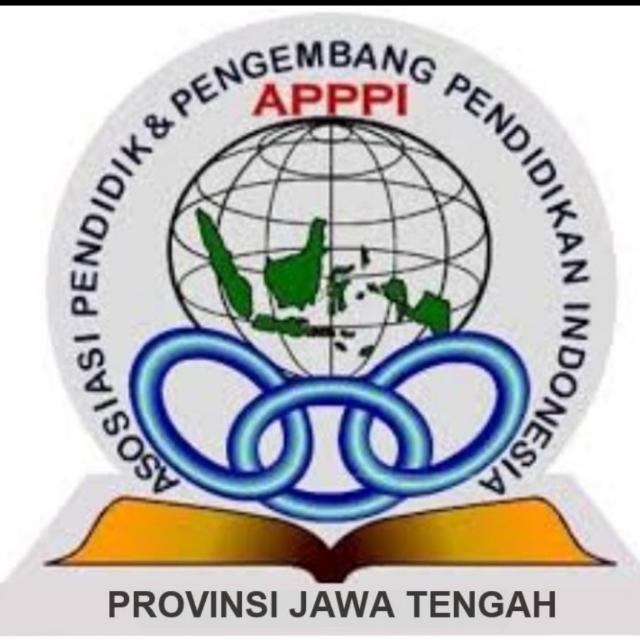Pengaruh Pertanyaan Pemantik Terhadap Kemampuan Bernalar Kritis dan Hasil Belajar Peserta Didik
DOI:
https://doi.org/10.58204/pe.v1i2.34Keywords:
trigger questions, critical reasoning, learning outcomesAbstract
The background that drives this research is that the learning process is not optimal in training critical thinking skills so that it affects learning outcomes which are still low. The aims of this study were 1) to find out the effect of triggering questions on students' critical reasoning abilities. 2) Measuring the influence of trigger questions on student learning outcomes. This type of research is quantitative in the form of a true experimental design with a pretest posttest control group design. Based on the analysis of the results of the learning completeness test and the comparative test, it shows that the critical reasoning ability of the experimental class using questions from the classical percentage is 73%. The average post-test score was 70.2 and the classical percentage control class was 20% and the average post-test score was 54.9 with minimum completeness criteria (MCC) 65, obtained tcount 3.108 and ttable 1.701 with a significant level of 0.05 and dk = 15+15 - 2 = 28 tcount 3.108 > ttable 1.701, so Ho is rejected and Ha is accepted. So it can be concluded that there is a significant influence on critical reasoning abilities and learning outcomes of students in the experimental class compared to the control class, in social studies and science subjects, Theme 7 Sub-theme 1.
References
Arikunto, S. (2022). Manajemen Penelitian. Jakarta: Rineka Cipta
Direktorat Sekolah Dasar. (2020). Profil Pelajar Pancasila. Daerah Khusus Ibu Kota Jakarta.
Etika, E., Purnamasari, I., & Sugiman, S. (2022). Penerapan Model Problem Based Learning untuk Meningkatkan Hasil Belajar Tema 1 Pertumbuhan dan Perkembangan Makhluk Hidup pada Peserta Didik Kelas III SD Negeri 01 Sawangan Kabupaten Pekalongan Tahun Pelajaran 2022/2023. Educatif Journal of Education Research, 4(4), 143-150. https://doi.org/10.36654/educatif.v4i4.257
Hamalik, O. (2008). Proses Belajar Mengajar. Jakarta: PT. Bumi Aksara. Belajar dan hasil belajar.
Ika Novitasari. (2022). Pengaruh Learing Management System Google Class Room terhadap Keterampilan Bernalar Kritis dan Hasil Belajar Siswa SD N 1 Gonoharjo. Skripsi. Semarang: Universitas PGRI Semarang
Iqbal, M. 2022. Pengertian dan Contoh Pertanyaan Pemantik. https://www.masbabal.com/2022/05/pengertian-dan-contoh-pertanyaan-pemantik-pdf.html. Diakses pada 28 November 2022
Mega. 2014. Hasil Belajar Siswa. Universitas Negeri Yogyakarta.
Nuvitalia, D., Cayani, E. E., Patonah, S., & Saptaningrum, E. (2021). Pengembangan Bahan Ajar Fisika pada Materi Listrik Searah Berbasis Keterampilan Proses Sains untuk Meningkatkan Kemampuan Berpikir Kritis Siswa SMA/MA Kelas XI. Jurnal Kualita Pendidikan, 2(1), 57-63. Retrieved from https://journal.kualitama.com/index.php/jkp/article/view/43
Sudjana, N. (2011). Dasar-Dasar Proses Belajar Mengajar, Bandung: Sinar Baru Algesindo.
Sugiyono. (2010). Statistika untuk Penelitian. Bandung: Alfabeta.
Trisnawati, T. (2022). Menyusun Pemahaman Bermakna dan Pertanyaan Pemantik dalam Modul Ajar. https://kabarsekolah.id/blog/menyusun-pemahaman-bermakna-dan-pertanyaan-pemantik-dalam-modul-ajar/. Diakses pada 28 November 2022
Downloads
Published
How to Cite
Issue
Section
License
Copyright (c) 2023 Pena Edukasia

This work is licensed under a Creative Commons Attribution-ShareAlike 4.0 International License.









